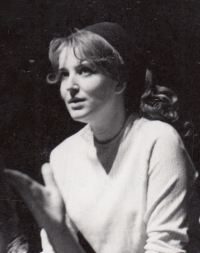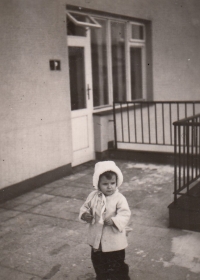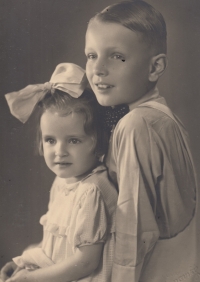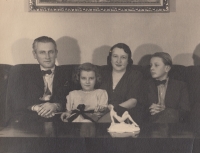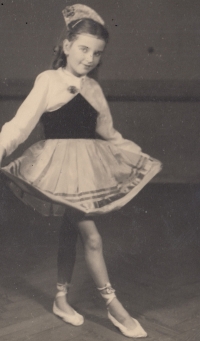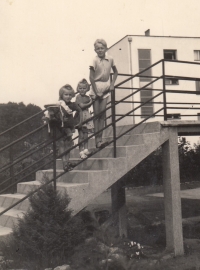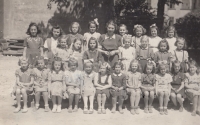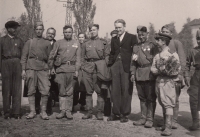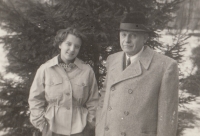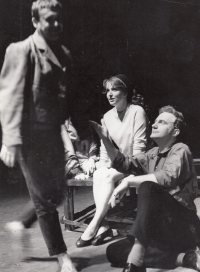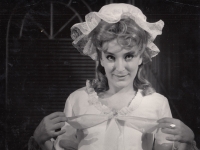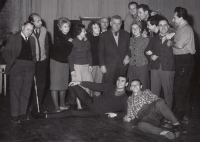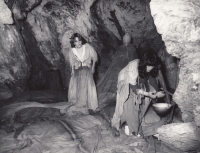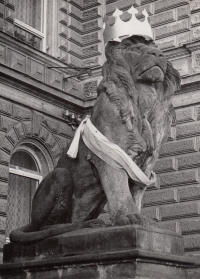We lived in a really bizarre time
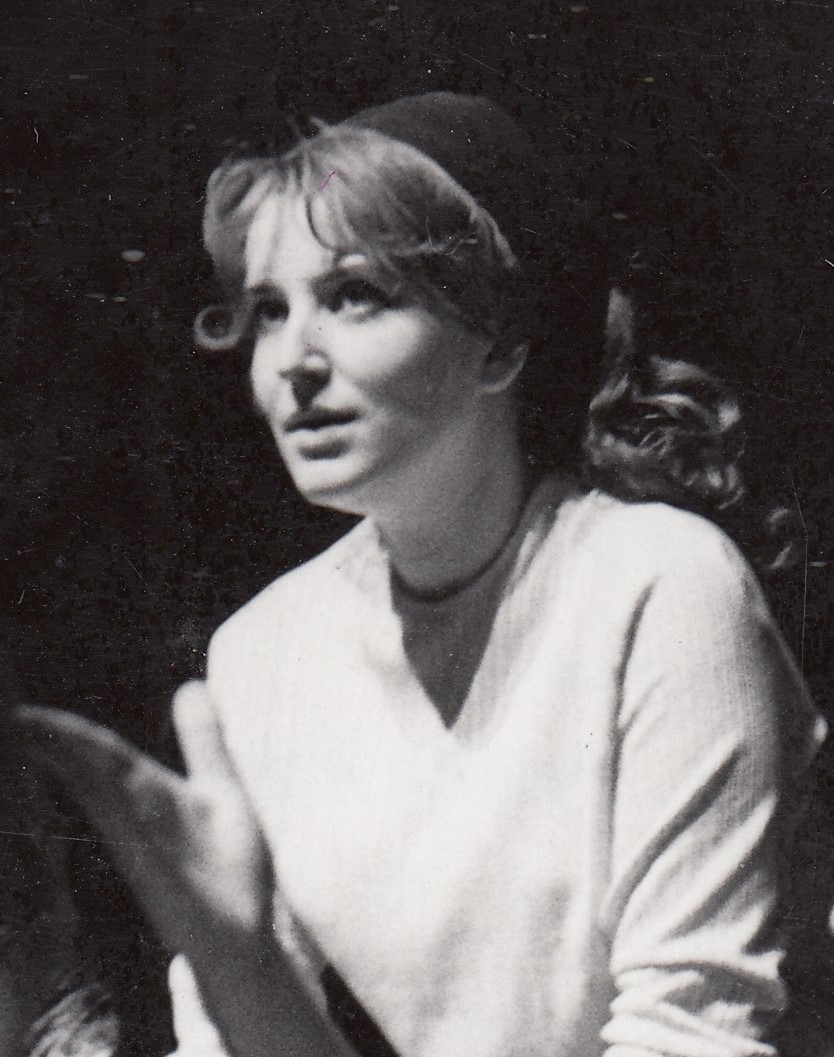
Download image
Hana Lančíková was born on 5 July 1938 in Přerov into a family of a lawyer and a pianist. Her maternal grandparents claimed German citizenship in 1941, which resulted in their villa being confiscated. During the war in Přerov, she experienced the death of her brother’s friend in a bombing raid, hiding in a shelter, gunfights at the end of the war and revenge against German collaborators. She was also deeply shaken when she saw trains full of impoverished people returning from the concentration camps. Her uncle was František Lančík, the last pre-war mayor of Přerov and a member of the anti-Nazi resistance, whose wife and 18-year-old daughter were executed by the Germans. The advent of communism was a great disappointment for the intellectual Lančík family. She herself lived through her adolescence in the critical 1950s. After graduating from the Janáček Academy of Performing Arts (JAMU), she worked as an actress, first in Uherské Hradiště and then in the Olomouc theatre, where she played a number of roles during her almost 40-year career. She has also starred in the film Thousand Year Bee by director Juraj Jakubisko. She welcomed the Velvet Revolution and the fall of the Iron Curtain in 1989. In May 2024, at the time of filming, she was living in her apartment in Olomouc.
